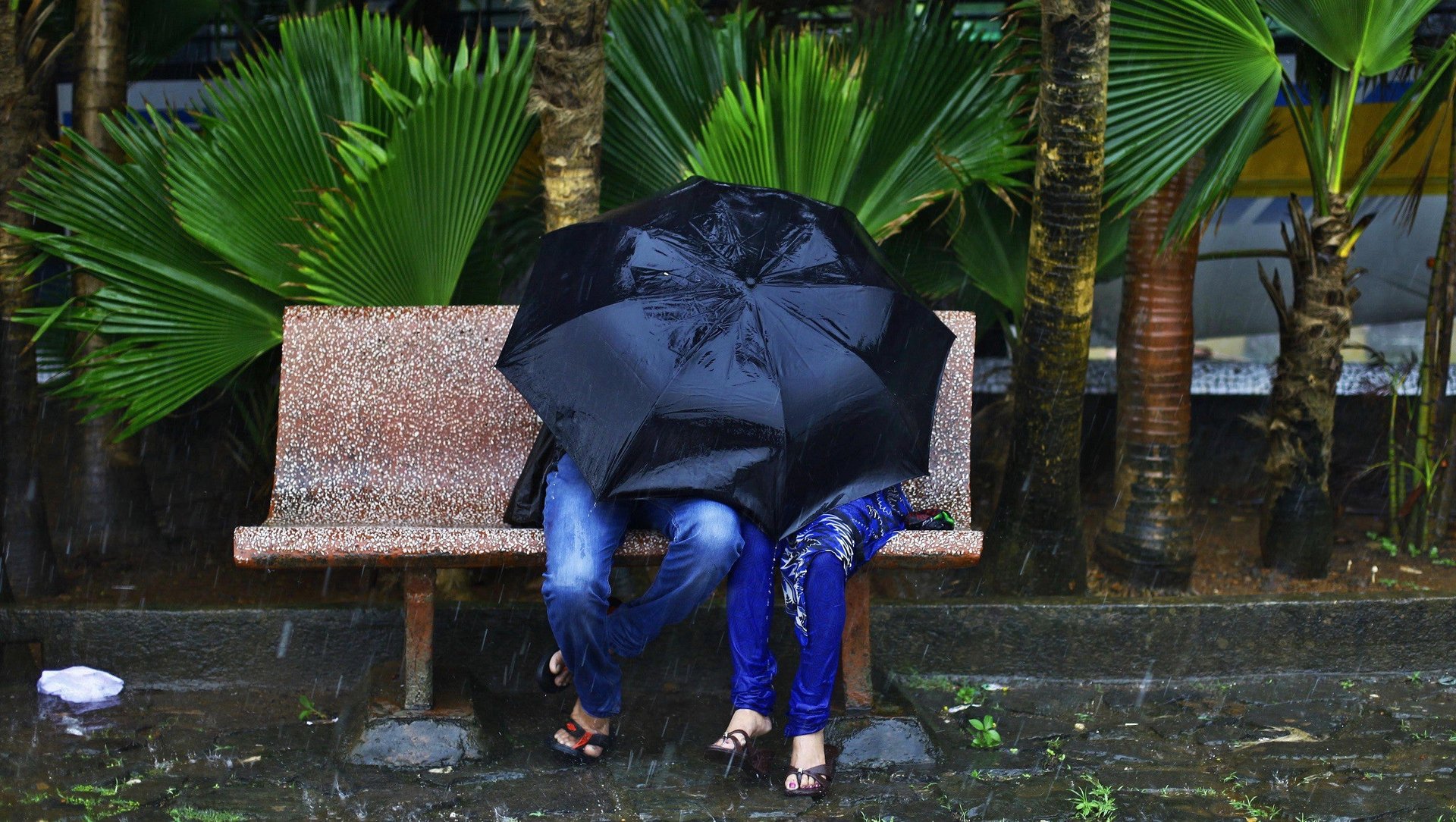Indian teens are having dangerous sex, while we dilly-dally about values
Nearly six years ago, I wrote a story about how the i-pill, a brand of morning-after pill, was being misused in India. I posted an internet notice asking people who had used the i-pill to contact me. I could not have predicted the flood of responses. Years later, I still get panicky mails from desperate strangers asking for contraceptive advice.


Nearly six years ago, I wrote a story about how the i-pill, a brand of morning-after pill, was being misused in India. I posted an internet notice asking people who had used the i-pill to contact me. I could not have predicted the flood of responses. Years later, I still get panicky mails from desperate strangers asking for contraceptive advice.
Many are from married men, who know of no other contraception, and don’t know how to use a condom. Many are from young teen girls, who want me to tell them if they are pregnant. Many are from seemingly educated men and women, students in big metros, who don’t know the difference between an i-pill and a regular contraceptive pill, and therefore see no harm in taking an i-pill every time they have sex. “My girlfriend has taken more than a 100 i-pills so far,” said one young boy.
The one thing all of these people have in common is that they would rather ask for help online, to a journalist they don’t know, than to a doctor. I write back to every one asking that they see a doctor. I get no response, and I very much fear that none of them do.
This is precisely why India needs sex education. Urgently. And this is why Minister of Health and Family Welfare Dr Harsh Vardhan’s statement last week that India needs the “right” kind of sex education, which fits in with “common sensibilities,” is tosh. Our Indian values are not stopping teens from having sex. They are having sex, and highly dangerous sex. When I talked to gynecologists across India, I found that they were flooded with cases of contraceptives gone wrong, or teens having sex without any form of contraception at all.
One told me about girls having repeated abortions because they knew nothing about contraception. Another talked about girls popping i-pills like candy, because they confuse it with regular pills, suffering awful side effects. A third told me how boys refused to use condoms, or take any responsibility for contraception. There are pages about the i-pill filled with desperate pleas for help, many from 16 and 17 year olds. A subsequent report from Time magazine confirmed that emergency contraception, and abortions, are becoming India’s contraceptive of choice.
I have been thinking about this even harder lately, because I now have a 14-year-old daughter, on the cusp of entering this world of ignorance and shame. Most schools have a chapter on biology and reproduction; in my daughter’s school they began this at 12. But, judging by what my daughter tells me, that is a dull explanation of body parts and menstruation, with no explanation of what sex actually involves. The sex ed was so useless that after a few days, my worried daughter came to me with a question: “Will I get pregnant if I touch a boy on the arm?”
If there’s one thing that is apparent from the spate of rapes and assaults in the last few years, it’s that Indian men often do not understand the concept of consent. Teach it to them from a young age. Teach them that no means no, and that they need to take equal responsibility for contraception. Meanwhile, girls are being coerced into unprotected and dangerous sex: teach them they can refuse, or if they do say yes, how to protect themselves. And above all, teach both sexes that it’s not shameful to go to a doctor to get contraceptive advice.
Many say “Why can’t parents do this?” Sure. We can. I have. But do you know of any teen who listens to her parents when making life choices? They listen to their peers and, sometimes, teachers. Without proper resources, we are raising a generation of people who go to strangers on the internet for intimate advice.
As for the charge that only the elite worry about sex education, that’s wrong too. Earlier this year, I reported from a government school in Bangalore, where Mythri, an educational video about menstrual hygiene, was shown to a group of 14-year-old girls. Sini Joseph, the brain behind the video, took the opportunity to talk to the girls about sex and abuse, telling them about the dangers of premarital sex, but in a non-preachy manner. Said Bhagya, a teacher at the school, “These days, girls are at risk everywhere, even in their homes. We need to give them weapons to protect themselves. The parents welcome this.” If government schools can have programmes like this, why not private schools?
Indian values are a red herring. We are never going to agree on what exactly they are. So it’s time we stopped arguing and got on with a plan for sex education. Let’s not send our children into adolescence armed with nothing but yoga poses and rumours to stand between them and abortions, STDs and pregnancies.